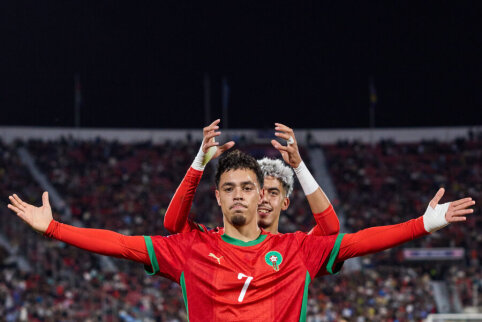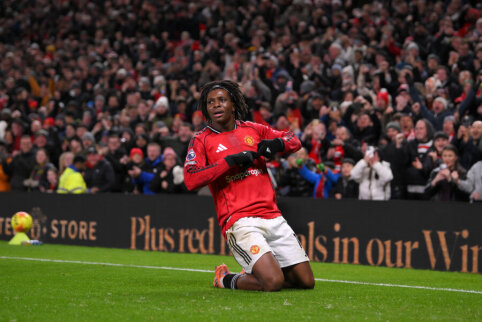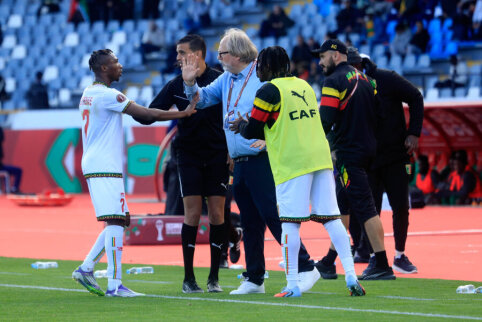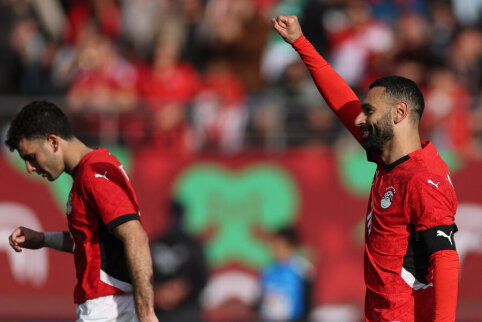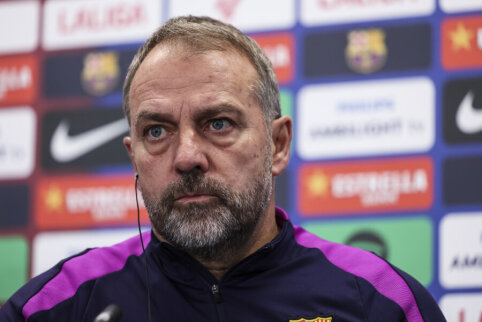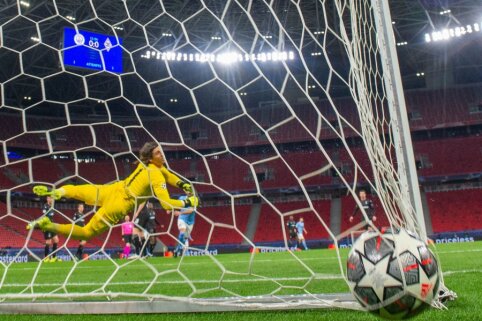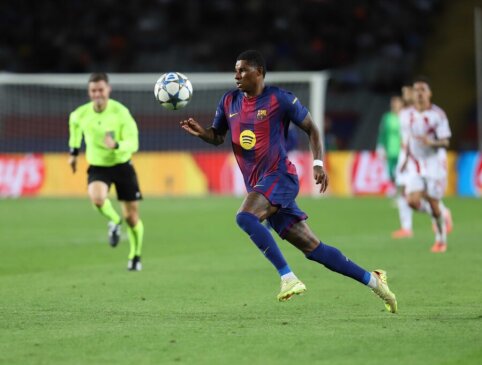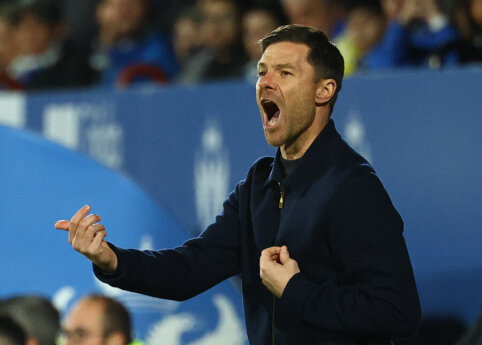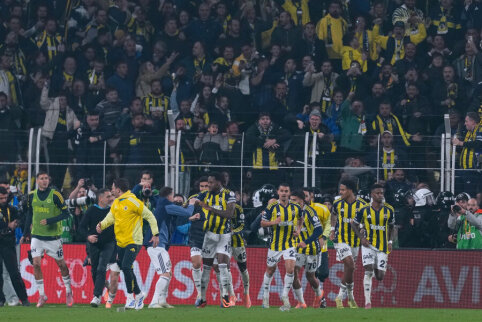 © EuroFootball.com
© EuroFootball.com
The meeting of the Executive Committee of the European Football Federations Association (UEFA) in the Slovenian city of Ljubljana on Wednesday selected the stadiums in the Old Continent cities that will host the final matches of the European cups in the coming years. It was revealed that the Champions League winners in 2008 and 2009 will be determined in Moscow and Rome respectively, while the UEFA Cup finals will be played in Manchester and Istanbul.
After evaluating criteria such as stadium capacity, security, protection, access, transportation, fan facilities, and commercial potential, the committee decided that the 2008 Champions League final will be held at the Luzhniki Stadium in Moscow, the capital of Russia. The prestigious matches taking place the following year were assigned to be hosted at the Olympic Stadium in Rome, the capital of Italy.
Locations were also designated for the UEFA Cup finals in 2008 and 2009 - respectively, they will be held in England at Manchester's City of Manchester Stadium and in Istanbul at the Sükrü Saraçoglu Stadium. It should be noted that this season's Champions League final matches in the spring of 2007 will take place at the Olympic Stadium in Athens, while the UEFA Cup final will be held at Hampden Park in Glasgow.
They beat out a strong candidate like London's Wembley Stadium, which is still under construction. However, UEFA spokesperson William Gaillard mentioned that there are good chances for the stadium in the future: "We hope that the Wembley Stadium in London will be fully ready by the year 2010, and then we will seriously consider its candidacy to host the Champions League final. We also hope that the National Stadium in Bucharest (Romania) will be ready to apply for hosting the UEFA Cup final."
The Luzhniki Stadium, previously known as the Grand Central Lenin Stadium, was opened in 1956. The stadium owned by the Moscow Torpedo club accommodates almost 85 thousand spectators and is the largest in Russia. At the 1980 Olympic Games, it had a capacity of 103 thousand seats, but the number decreased after reconstruction works from 1995 to 1997.
The stadium is one of the few arenas in Europe with an artificial playing surface - UEFA-approved "FieldTurf" was installed in 2002 to avoid the effects of harsh winters. In 1999, the UEFA Cup final between Parma and Marseille was played on natural grass at Luzhniki, and last week, the first Champions League match on the artificial turf was held between the host team Spartak Moscow and Sporting Lisbon.
On the other hand, Rome's Stadio Olimpico is one of the most famous stadiums in the world. Built in the sixth decade of the last century to accommodate 54 thousand spectators, the arena was used for the 1960 Olympic Games and it is now home to the Lazio and Roma clubs. A couple of years after the 1987 World Athletics Championships, the stadium was reconstructed for the 1990 World Cup, where the final was played. European Cup finals were held in Rome in 1977, 1987, and 1996.
The City of Manchester Stadium was built for the 2002 Commonwealth Games and was later converted into a football arena. With a capacity of 47 thousand seats, the stadium is one of the largest in the English Premier League and is the home ground of the local club Man City, as well as frequently hosting major music concerts.
Meanwhile, the Sükrü Saraçoglu Stadium in Istanbul's Kadikoy district is unique in Turkey as one of the few stadiums in the country that does not have running tracks. From 1999 to 2003, each stand of the stadium was rebuilt to be closer to the pitch. Sükrü Saraçoglu was named after the former president of the club Fenerbahçe, which plays at the stadium.
In addition, UEFA also announced that the final decision on the country(-es) hosting the 2012 European Championship will be postponed until next year. The joint candidacies of Croatia/Hungary, Poland/Ukraine, and Italy are competing for the right to host the continental championship. Initially promised to be decided in December of this year, the UEFA Executive Committee decided to announce the decision in November 2007.
"Considering the experience of Euro 2004 in Portugal and the approaching Euro 2008, we want to give more time to the candidates who are working hard to supplement their dossiers and still have to answer certain questions regarding the organization of the tournament. Therefore, the decision will be made in the Executive Committee in April 2007," said W. Gaillard.
The last decision of the committee was to award the hosting of the 2009 European Under-21 final tournament to Sweden, and on Thursday in Ljubljana, during the extended meeting, issues like the Gibraltar Football Federation's request to join UEFA and the membership of the newly established Montenegrin Football Federation after the dissolution of the Serbian and Montenegrin federation will be addressed.

